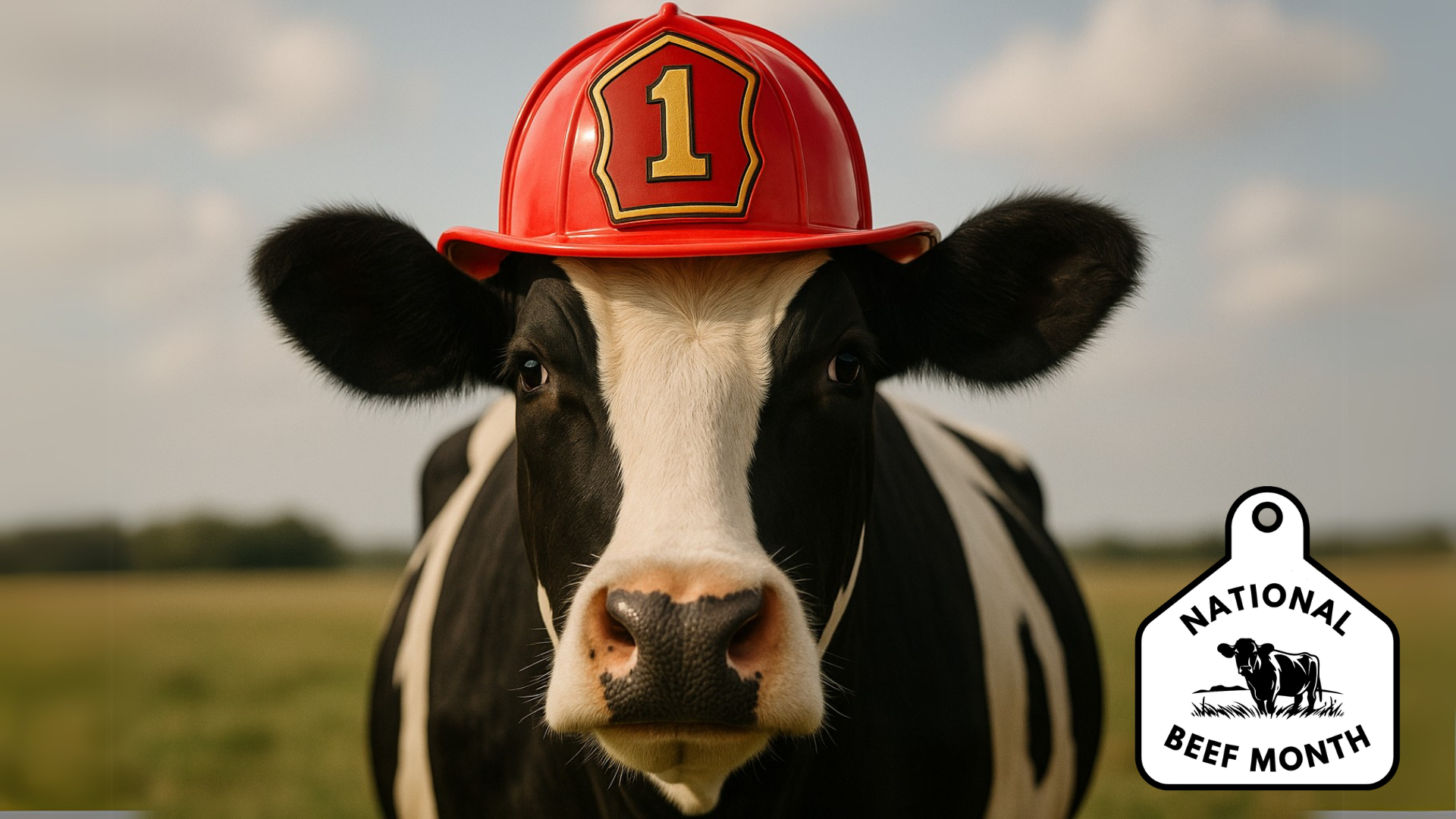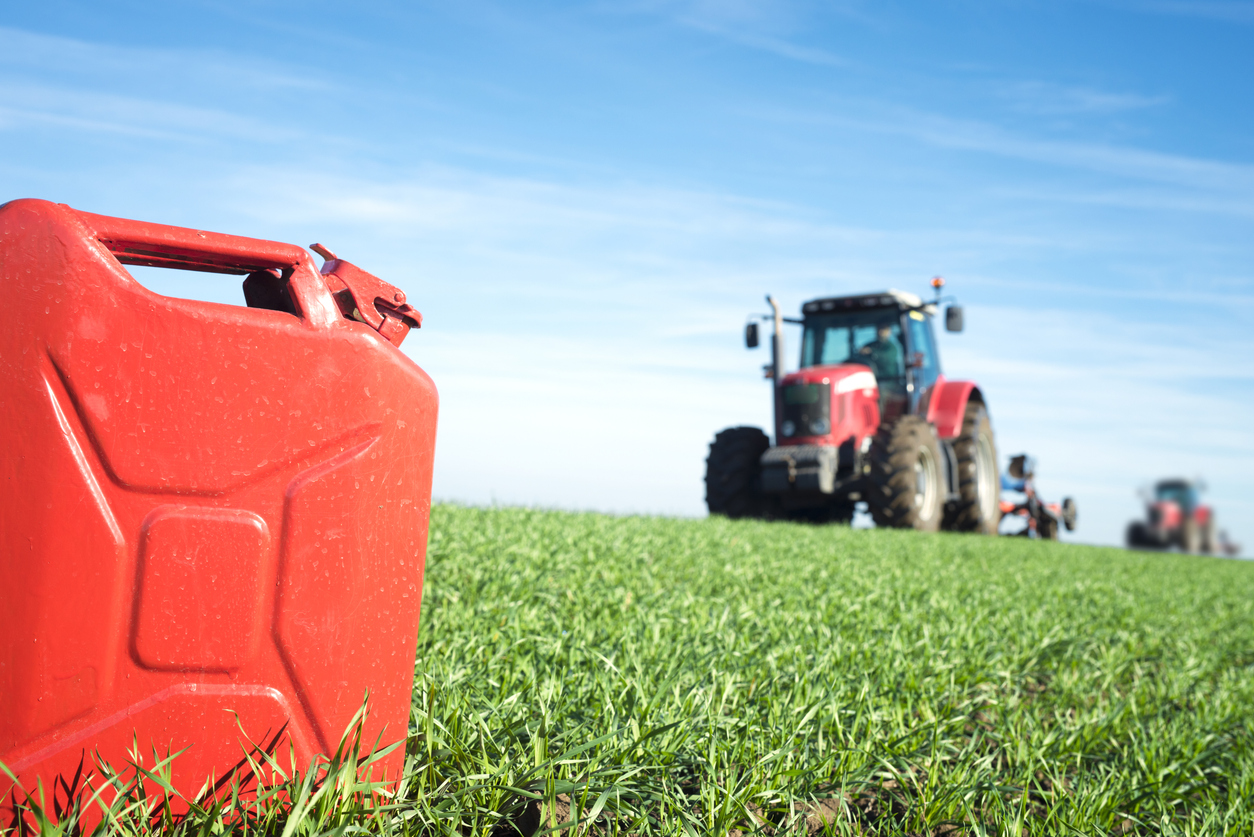Related Articles
Build the wall or let immigrants freely flow into the U.S. seem to be the only two options for immigration reformed covered by the media. But, what if there was a middle ground? Currently, the U.S. House is considering H.R. 4760, the Securing America’s Future Act, (also known as the Goodlatte Immigration Bill) and for agriculture it might work, with some tweaks.
With the growing desperation for a dependable workforce, farmers are hoping for help with their labor challenges. Last year, Washington Policy Center quantified Washington’s agricultural labor shortage, finding that just over half of farmers suffered some type of economic damage due to labor challenges.
On March 1st farmers and agricultural representatives met with Representative Dan Newhouse of Washington’s 4th District, to discuss a possible solution, the Goodlatte Immigration Bill. Though concerns still exist about the current form of this proposal there are many potential positives.
Pros | Cons |
|
|
Other provisions within the bill would address Deferred Action for Childhood Arrivals (DACA), E-Verify, and funding for border security. The hope is that this proposal can strengthen our immigration system and provide a solution for the growing labor shortage in agriculture. These are some of the challenges agriculture is facing:
- The current, temporary visa program under H-2A is expensive – costing growers $21.50 per hour for wages, housing, and transportation. This high cost is unaffordable for small growers and non-orchard crops.
- If E-Verify is required without an accompanying fix for agriculture, employers will be placed in a position where the existing labor pool could become even smaller. It is estimated that 55-60 percent of the current agricultural labor force in Washington State lacks proper status. With the use of E-Verify, farmers will face significant hiring challenges with the current seasonal workforce and significant compliance challenges due to the flaws in the E-verify system.
Changes still need to be made to this proposal. As one Newhouse meeting attendee said, “It is easy to have discussions but it is difficult to get the changes on paper.” Even some farm groups across the country are opposing the bill because of the required touchback. The California Farm Bureau believes that many of their workers will not participate because they are already here and do not want to risk being deported during the touchback process.
Hopefully, changes will be made, and concerns addressed within the statute so members of Congress can support a bill that helps farms and workers.
Another attendee said, “If the Goodlatte Bill is unable to move forward, I predict that it will be another six years until another viable solution is reached within the House.”
That is a long time for agriculture to wait, hurting farmers and farmworkers in the process.






